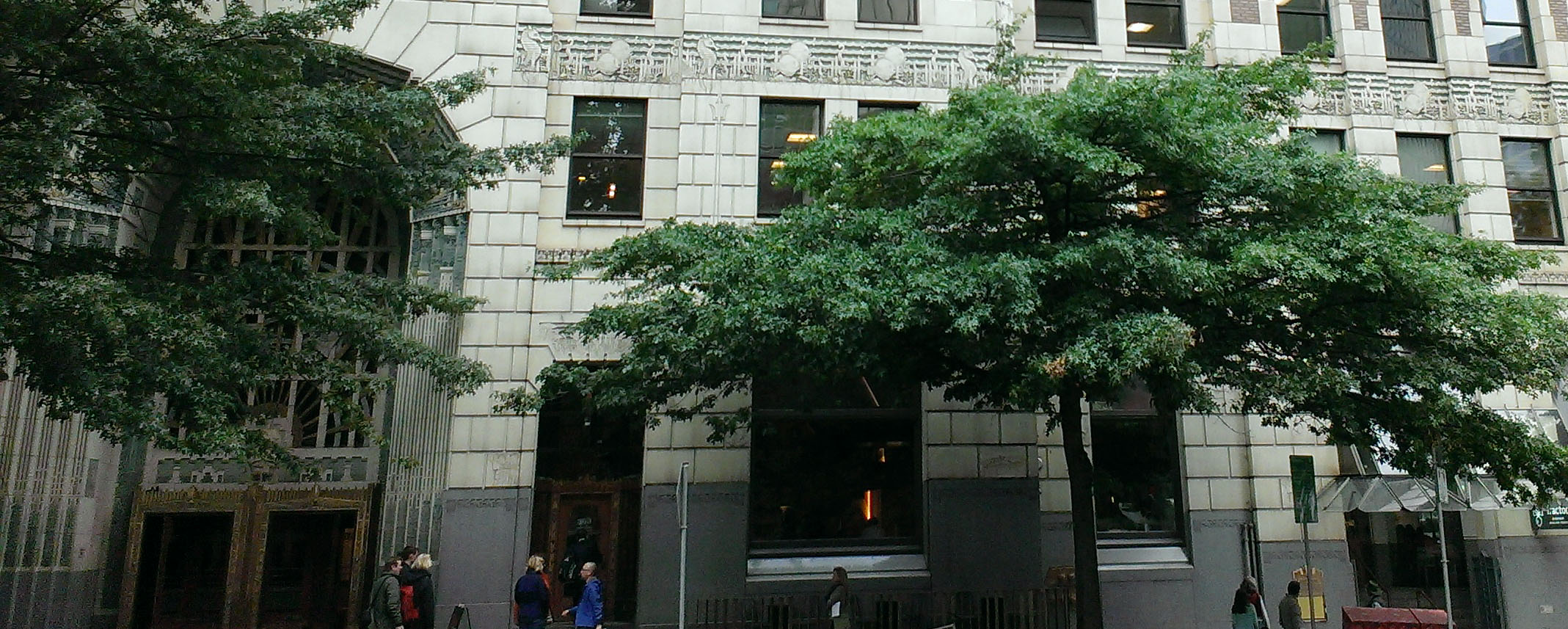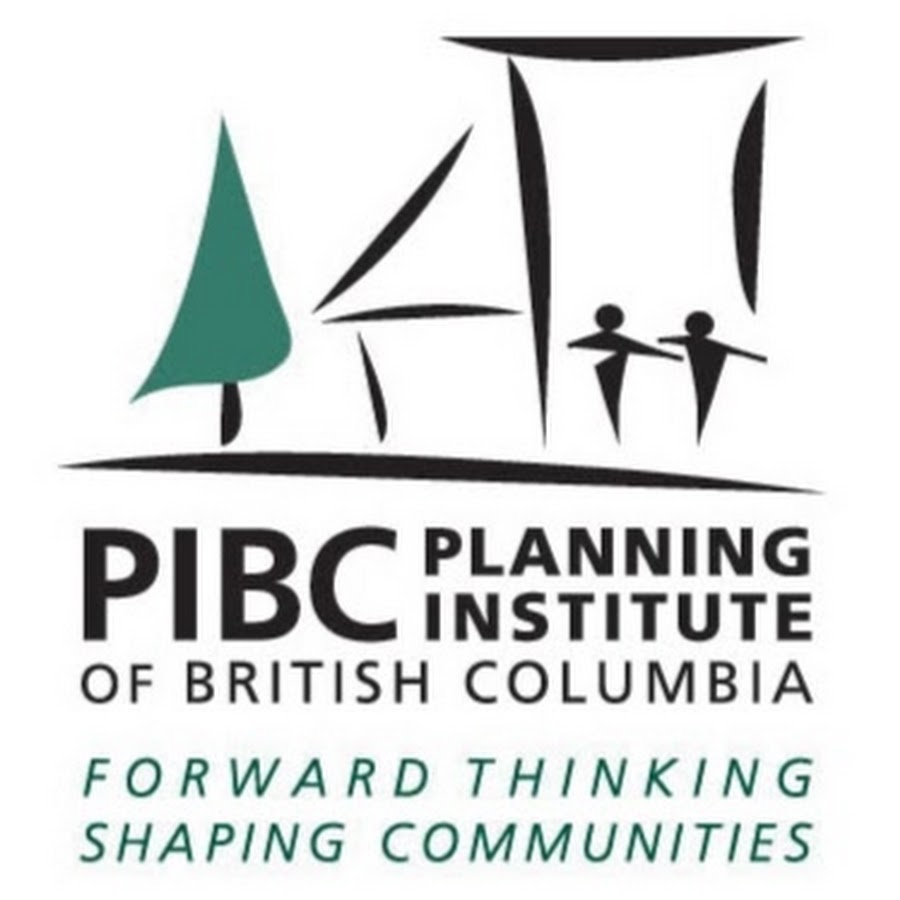Complaints & Discipline
As a membership-based professional organization, one of PIBC’s key roles is to promote and uphold ethical standards and help to ensure the professional conduct of practicing professional members of PIBC. The institute undertakes this role by: maintaining a Code of Ethics & Professional Conduct, to which all practicing professional members must adhere; receiving, investigating and adjudicating formal complaints of alleged professional misconduct against professional members; and undertaking education and training for professional members to ensure they are kept informed of their ethical professional responsibilities, best practices for professional conduct, and assisting them with questions they may have regarding ethical practice.
Code of Ethics & Professional Conduct
The Institute’s Code of Ethics & Code of Professional Conduct, or the Code, frames and under-pins the ethics and professionalism of practicing professional members of PIBC. The Code is embedded in the Institute’s Bylaws, and all professional members must follow and adhere to the Code in their professional practice as a condition of membership. It provides both the over-arching ethical principles for the profession, as well as the more specific expectations with respect to professional members’ conduct and professional practice. Individuals with any interest regarding ethics and professionalism in the planning profession in BC and the Yukon are encouraged to review the Code, which can be downloaded here:
You can also watch PIBC's webinar on Ethics & Professional Conduct for Planners (December 3, 2025)
Complaints and Discipline of Members
In order to broadly serve the public interest, and more specifically to uphold the Code, PIBC has established processes to receive, investigate and adjudicate formal complaints of alleged professional misconduct against professional members. This is a substantive and serious process to ensure that the Institute’s duty to the public interest is maintained, to ensure that members are adhering to the requirements of the Code, and also to ensure that members who are the subject of any formal complaint are treated fairly, in accordance with principles of natural justice. The basic framework for the process is outlined in the Institute’s Bylaws. The relevant sections can be downloaded here:
Any person who genuinely believes that a professional member of PIBC has acted in contravention of the Code and wishes to make a formal complaint of alleged professional misconduct may do so. As noted this is a substantive and serious process. If you have questions or wish to inquire about the process, please get in touch with the Institute at the contact information provided below.
Key Information About Complaints & Discipline
For any person interested in PIBC’s complaints and discipline process, the following key information may be helpful:
- The Institute can only receive complaints and investigate allegations of professional misconduct against current professional members of PIBC. The Institute cannot address complaints against other persons or organizations.
- The Institute can only receive and investigate complaints regarding the specific conduct of individual professional PIBC members, and cannot broadly investigate, review or pass judgement on particular planning outcomes, proposals, projects, policies, plans, or decisions made by Federal, Provincial, Territorial, or local governments, or any other public agencies, or other organizations.
- Formal complaints of alleged professional misconduct made to PIBC must be in writing, and signed by an identified complainant (or complainants). The Institute cannot receive or investigate anonymous complaints.
- Any formal complaint must identify the member (or members) being complained against, and should provide sufficient specificity regarding the alleged misconduct and be further supported by additional information or evidence, to enable the Institute to be able to reasonably undertake an initial investigation.
- Where possible, any formal complaint should attempt to cite or identify the section (or sections) of the Code that the allegation(s) relate to. Prospective complainants are strongly encouraged to review and consider the Code when considering a formal complaint.
- As part of its duty to serve the public interest and uphold the Code, the Institute must, at a minimum, undertake an initial investigation into any formal complaint. The receipt of a formal complaint and initiation of an initial investigation does not reflect the Institute's support of or agreement with the merits of any particular complaint. The process will ultimately determine the merits (if any) of a complaint.
- The process to investigate and adjudicate any formal complaint of alleged professional misconduct is undertaken by PIBC’s Professional Conduct Review Committee, assisted by staff and legal counsel as appropriate, and is guided by the process laid out in the Institute’s Bylaws as well as established best practices.
- To ensure fairness and integrity, all members who are the subject of a formal complaint are afforded the full opportunity to know the allegations against them, and to respond to the complaint fully. Additionally, the disciplinary process is primarily a confidential process, except in certain circumstances where misconduct is found and disciplinary action taken as part of the outcome.
- The Institute’s disciplinary process includes an initial investigation, the possibility of a full, formal review hearing, if warranted, and disciplinary action against a member if determined appropriate. The process also provides for forms of ‘consent discipline’ action – a form of alternative dispute resolution – to suitably resolve complaints, where appropriate and achievable.
- The work of the Professional Conduct Review Committee also generates educational outcomes for members, including written articles summarizing key issues and professional practice advice, training sessions at conferences and online webinars for members. These activities help keep members informed of their ethical professional responsibilities, and best practices for professional conduct, while also assisting them with questions they may have regarding ethical practice.
Ethical Advisory Support for Members
The Institute supports members’ knowledge, education, and understanding of ethical obligations and responsibilities in their practice as professional planners. The Institute therefore provides some support for current professional members in assisting with any queries they may have in relation to ethical matters and general issues of professional conduct.
It should be noted that this is general advice relating to ethical queries and assistance in understanding the Institute’s Code of Ethics and Professional Conduct. The Institute cannot provide any formal or specific opinion or advice in relation to any prospective complaint of alleged professional misconduct or in any way pre-judge the potential outcome of any potential formal complaint or investigation of alleged professional misconduct under the Institute’s disciplinary process. Any advice provided will be general guidance or educational in nature and, in line the with knowing and understanding the Institute’s Code of Ethics and Professional Conduct and associated best practices.
Questions? Ethical queries by members seeking general advice and assistance can be submitted via email to: complaints@pibc.bc.ca
Questions?
Please contact complaints@pibc.bc.ca






